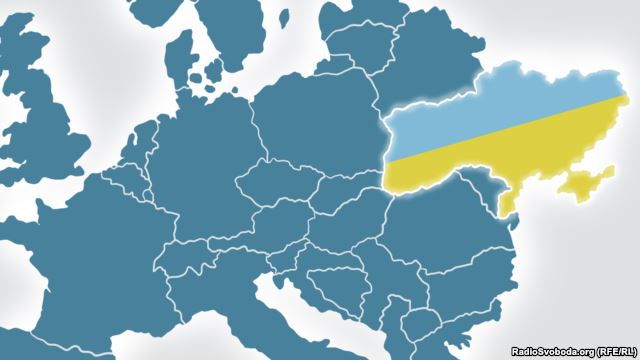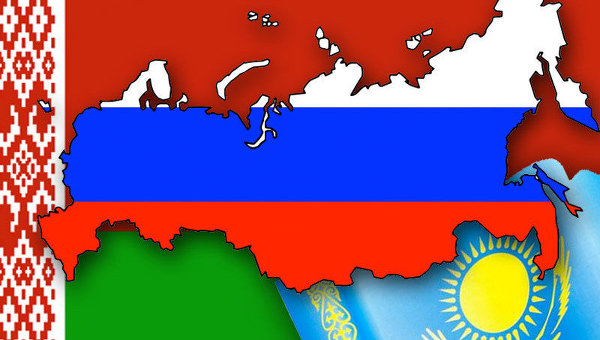The Cabinet of Ministers is giving 150 million UAH to set up terminals for issuing biometric passports, Prime Minister Arseniy Yatseniuk reported at the end of the government session on November 5. According to him, the government expects that soon the new EU mission will arrive to verify Ukraine’s implementation of the non-visa regime plan.
“In order to execute the non-visa regime efficiently, the government now has made the decision to give 150 million UAH to buy over 600 terminals to issue biometric passports,” Yatseniuk said.
The EU and Ukraine signed the Action Plan for Visa Liberalization on November 22, 2010. This plan consists of two stages: The first prescribes amendments to current legislation, the second ensures their execution.
Ukraine only took the first step in June of the current year, when the Verkhovna Rada approved the laws necessary to execute the Action Plan, in other words, to begin the second stage. The MPs made amendments to legislation on refugees and the activities of the Verkhovna Rada human rights representatives for personal data protection. The MPs also passed the ‘anti-discrimination law’ and a law which has to do with fighting corruption.
Minister for Justice Pavlo Petrenko, commenting on these laws, noted that Ukraine executed the legal demands of the Action Plan to harmonize Ukrainian legislation with EU norms. As such, according to the Minister, the Ukrainian side can start on the second stage, which will allow not only for the simplification the visa regime with the EU, but will also allow the EU to abolish visas for Ukraine.
Experts: the EU is satisfied, but there are problems
EU experts also concluded that Ukraine had created the necessary legislative and political conditions to take on the second stage of the Action Plan to simplify the visa regime. In June, the EU confirmed its readiness to transition to the second stage, and the according decision was approved on June 23 in Luxembourg at the EU council session of Foreign Affairs Ministers.
In September, EU experts monitored Ukraine’s execution of the Action Plan, having mostly approved of the Ukrainians’ work. At the moment the only obstacle to abolishing EU visas is the lack of biometric passports, reported deputy Minister of Foreign Affairs Lana Zerkal
.
“In September, four EU missions visited Ukraine to assess progress in this sphere: One of them was dedicated to the issue of border control, another to the issue of document security, and another two missions assessed problems of shelter and migration. As to the results of these missions, they are quite positive. The only issue is that mass production of biometric passports has not been set up yet, which is why the EU Commission cannot evaluate the security of these passports. This is a deficiency we plan to eliminate in the nearest future,” she noted.
The government’s task is to launch biometric passports on January 1, 2015, Zerkal emphasized. However, according to independent experts, the problem is not only in the government’s ability, or lack thereof, to ensure the printing and issuing of biometric passports. The European side is much more concerned with the issue of security of the eastern borders of the EU and Ukraine’s ability to regain control over the eastern part of its own border, which is still under the control of separatists and Russian troops in Donbas, says deputy director of the World Politics Institute Serhiy Solodkiy.
“The EU will pay a lot of attention to the issue of biometric passports. We know about existing fears that the issuing process may be disrupted, as there may be more people willing to get them than Ukraine is capable supplying, as well as appropriate bodies who issue these passports. Second, the European Union will be especially interested in the adherence to all security procedures in issuing biometric passports. However, the key issue is the security at the eastern border, its factual permeability. Another key issue are the actions of the mercenaries in Eastern Ukraine,” the expert noted.
According to him, the European Union understands that the issue of border security in the east depends not so much on Ukraine as on Russia and its further actions.
What prevents Ukrainians from traveling?
Will Ukrainians be able to take advantage of the simplification of the visa regime, and later the abolition of visas for trips to the European Union? According to Razumkov Center experts, over 70 percent of Ukrainian citizens have never traveled outside the country.
Experts include poverty and visa issues in the list of reasons why Ukrainians travel so little.
Nonetheless, most Ukrainians, according to the same sociologists, support the EU’s intention to abolish visas for Ukrainian citizens. Kyiv-based politics expert Serhiy Dzherdzh explains how this will benefit Ukrainian citizens.
“It is openness. It is a possibility to travel outside the country, see other countries, how they live. And they mostly live differently, they live better, they (the EU) have many well-thought out things and it is a completely different life for us. So I think that the more people travel to European countries, the more they will bring back this European vision to Ukraine. I mean the vision of European culture, European approaches. This way, it will make Ukraine stronger as a state, and reinforce its independence and defensive capabilities.”





